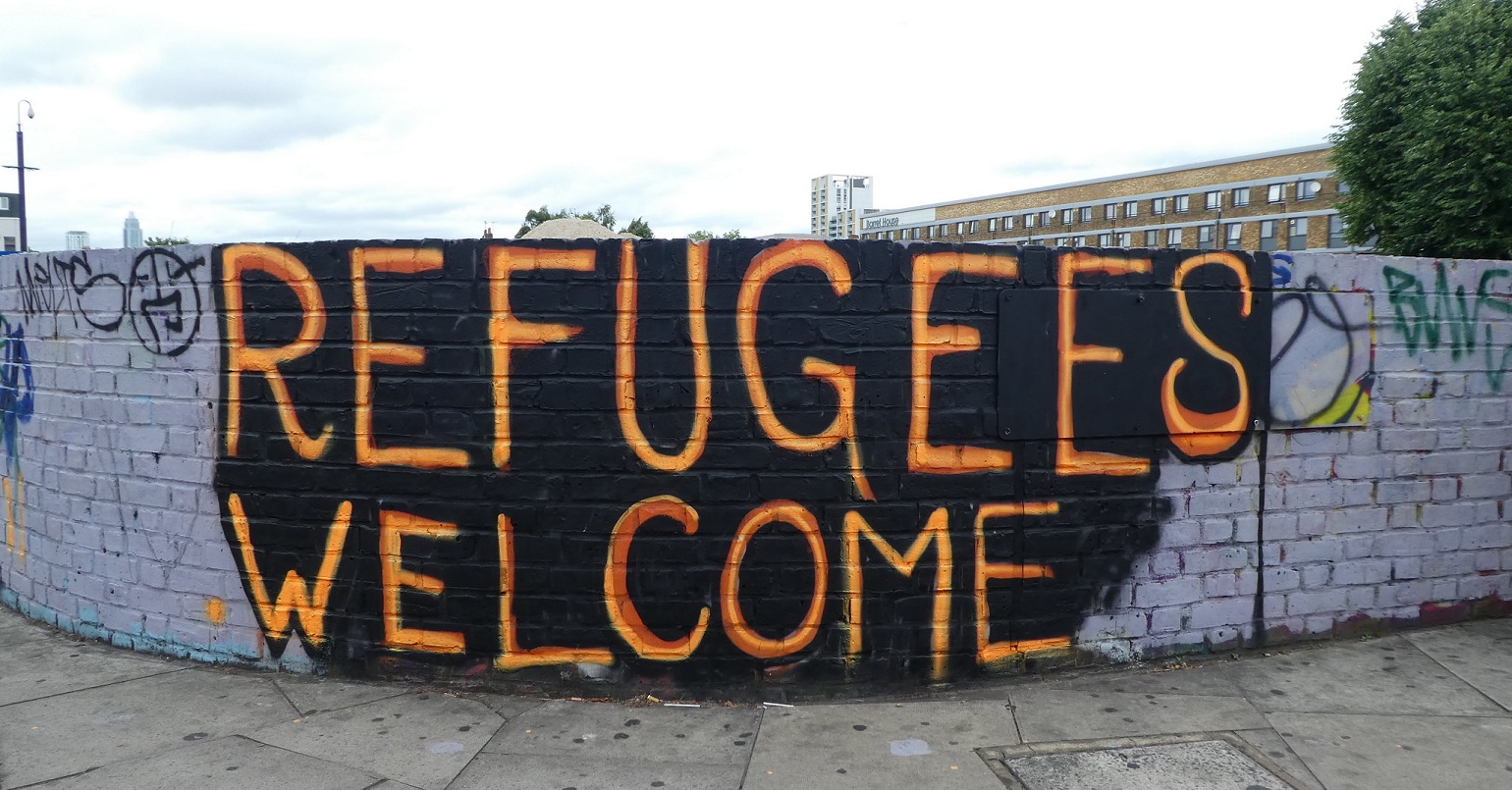International union demands solidarity, better support and social dialogue on World Refugee Day

The International Trade Union Confederation (ITUC) has restated its solidarity with refugees on World Refugee Day (20 June). While praising the work of trade unions, the ITUC said that governments must do more to help a worsening “world refugee crisis”.
Conflict or persecution has forced one in every 95 people around the world from their homes. The ITUC says the Russian invasion of Ukraine is causing a large number of refugees. Based on UNHCR estimates, Africa and Europe are now the regions with the highest projected resettlement needs for displaced people.
ITUC General Secretary Sharan Burrow said,
We are all wounded when refugees have to endure awful conditions and treatment. We call on governments around the world to increase commitment, efforts, and investment in humanitarian resettlement needs as part of states’ obligations under the Refugee Convention and its Protocol.
This should be coupled with development of better systems that use social dialogue to support effective integration, including recognition of the skills of refugees to support full integration into the workforce, with full rights and union representation.
Many countries, including in Europe, need more workers to balance their ageing population. The ITUC says that the skills and incomes refugees can contribute to host nations boost economic growth and job creation for all. But this cannot happen without government investment.
“Refugees and migrants belong in our workplaces and our communities, where they deserve equal treatment and the full protection of their rights,” said Bea Bruske, president of the Canadian Labour Congress. “Canadian unions welcome refugees and migrants and support efforts to provide a place of safety to those most in need.”
The ITUC praises the work of trade unions in assisting displaced people, despite often limited resources.
In Greece and Jordan, trade unions have been providing refugees with vocational training to ease integration, support labour market inclusion, and help protect refugees against exploitation.
In Kenya and Turkey, trade unions provide education to refugees on labour rights. In Guatemala and Croatia, unions provide humanitarian aid, such as food and clean water.
The World Bank’s Groundswell report states that climate change could force 216 million people to migrate within their countries by 2050. This will put these internally displaced persons at risk of discrimination and exploitation.
The ITUC calls on governments to increase funding for refugee needs, including social protection in host nations, and to contribute to global efforts to strengthen cooperation and develop a common strategy and effective response to refugee crises.
PS. We hope you enjoyed this article. Bright Green has got big plans for the future to publish many more articles like this. You can help make that happen. Please donate to Bright Green now.
Image credit: duncan c – Creative Commons




Leave a Reply